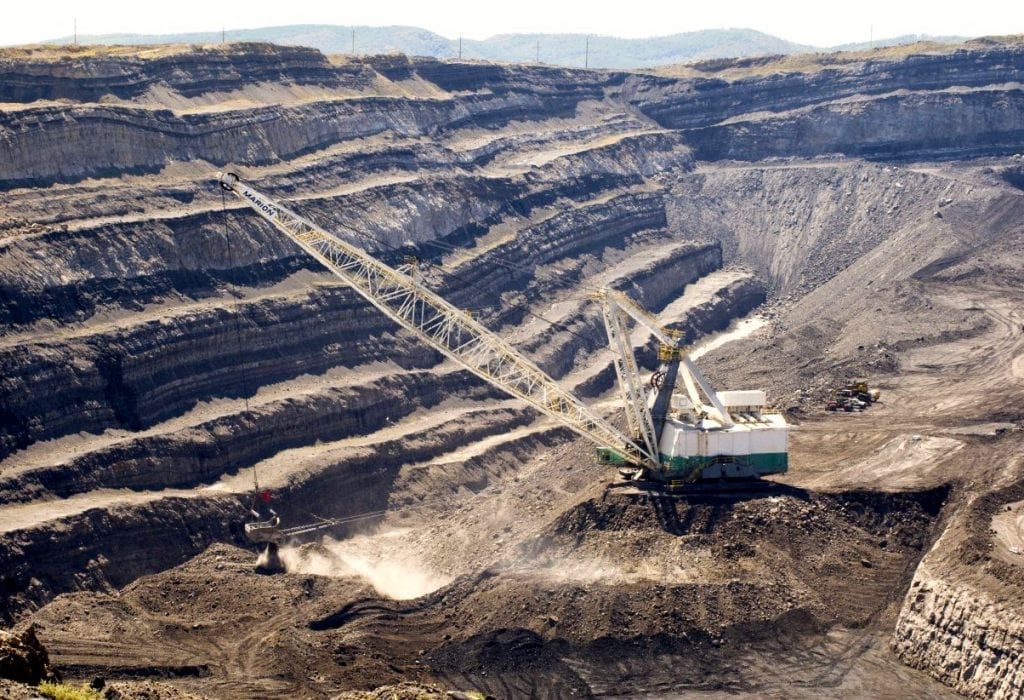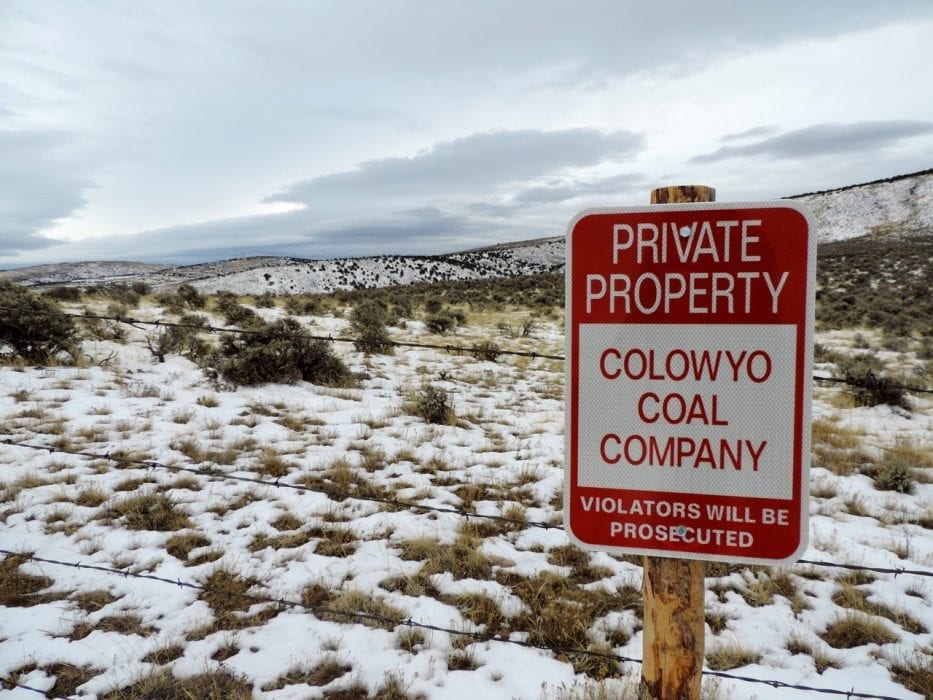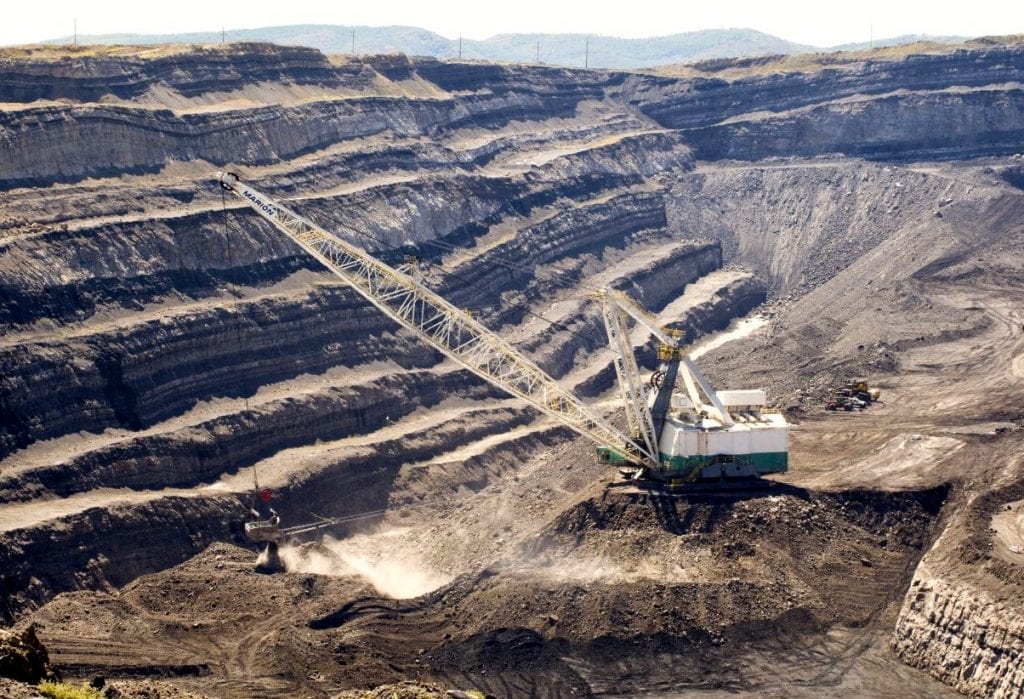
WildEarth Guardians this month stepped up to confront Tri-State Generation and Transmission’s failure to guarantee more than $120 million in coal mine clean-up costs.
Tri-State has been allowed to post “self-bonds,” essentially corporate IOUs, to guarantee cleanups at four mines, including the Dry Fork mine in Wyoming and the Colowyo, New Horizon North, and New Horizon South mines in Colorado. However, Tri-State hasn’t actually accounted for these self-bonds in its financial reporting to state and federal regulators, meaning the company hasn’t actually allocated any real money toward these liabilities.
As we’ve written about before, Tri-State has over $120 million in coal mine reclamation obligations related to the company’s Dry Fork mine in Wyoming and the Colowyo, New Horizon North, and New Horizon North mines in Colorado. Unfortunately, with the company’s empty promise of self-bonding, there’s no guarantee these mines will ever be fully reclaimed.
With no tangible financial backing, Tri-State’s “self-bonds” are effectively empty promises. This means that if the company were to go out of business, it would have no money on hand to actually assure the restoration of its mines. This would put taxpayers on the hook for cleaning up their mess.
Put another way, we strongly believe that Tri-State is lying and our latest brief challenges the failure of mine regulators to confront their BS.

Colowyo Coal Mine in northwest Colorado.
The need to address Tri-State’s coal mine reclamation bonding is more critical than ever. The company is the wholesale power provider for 43 rural electric cooperatives in Colorado, Nebraska, New Mexico, and Wyoming. Yet with its heavy reliance on coal, the utility is facing serious financial headwinds and its ability to guarantee mine cleanups is increasingly in question.
In fact, the utility’s reliance on coal is costing its members more than ever, leading to defection and unrest among its customer base. The Delta-Montrose Electric Association in western Colorado recently took steps to get out of its membership with Tri-State and the La Plata Electric Association in southwestern Colorado is eyeing similar moves.
Most recently, the United Power Cooperative north of Denver, which purchases more wholesale electricity from Tri-State than any other member, voiced its concerns over the company’s rising costs.
Tri-State’s future is anything but certain at this point, making it crucial that the company post real assurances–not empty IOUs–that its coal mines will be cleaned up.
With our latest filing, we’re keeping up the pressure to ensure utilities like Tri-State are held accountable to the true costs of coal and not allowed to pass those expenses onto their customers and to taxpayers.
